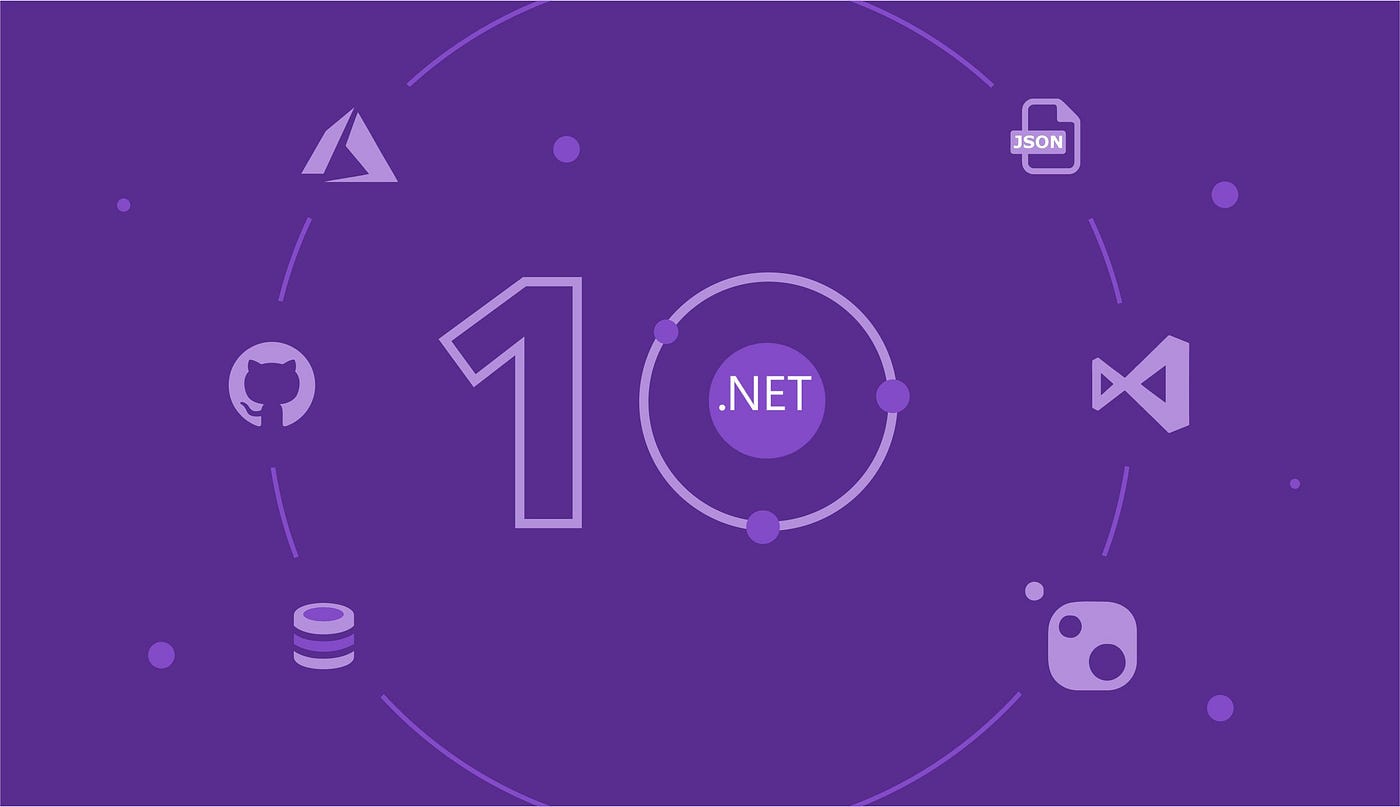Explore 15 Dot NET Tools to Elevate Your Development
 Parth Span
Parth Span
The .NET ecosystem offers a powerful framework for developing a wide range of applications, from enterprise-level systems to web and mobile apps. As a developer, using the right Dot NET tools can make a significant difference in the efficiency and quality of your projects. Whether you’re building web apps with ASP.NET, APIs, or cross-platform apps using Xamarin, there are plenty of tools available to streamline your development process.
In this blog post, we'll dive deep into 15 essential Dot NET tools that can help elevate your development game. But first, let's explore why .NET development tools are so beneficial.
5 Benefits of .NET Development Tools
.NET development tools offer significant benefits to help streamline the coding, debugging, and deployment process. For businesses looking to optimize their software projects, hiring dot NET developers can further enhance these advantages. Here are five key benefits:
Enhanced Productivity: Most Dot NET tools offer automation features like code suggestions, refactoring, and real-time error detection, speeding up the development cycle.
Collaboration and Version Control: Many tools, such as GitHub and Azure DevOps, make it easier for teams to collaborate by offering integrated version control and project management functionalities.
Testing and Debugging: Tools like xUnit.NET and NDepend make testing and debugging smoother, ensuring that code remains high quality and efficient.
Cloud Integration: Many Dot NET tools offer seamless cloud integration (e.g., Azure DevOps), enabling you to deploy, monitor, and manage applications in the cloud.
Cross-Platform Development: Tools such as Visual Studio and Rider allow for cross-platform development, making it easier to write applications for Windows, macOS, Linux, iOS, and Android.
Top 15 Dot NET Development Tools
Let's now explore the 15 best Dot NET tools that can elevate your development workflow.
1. Visual Studio
Visual Studio is the most popular integrated development environment (IDE) for Dot NET development. Its powerful features include IntelliSense, built-in debugging, and testing tools. It also supports a wide range of programming languages like C#, F#, and Visual Basic.
2. ReSharper
ReSharper is a Visual Studio extension that provides advanced code analysis, quick-fixes, and refactoring suggestions. This Dot NET tool helps you maintain high-quality code by offering automatic code formatting, naming convention checks, and potential bug detection.
3. NuGet
NuGet is the package manager for the Dot NET framework. It simplifies the process of managing dependencies by providing easy access to libraries and third-party tools that you can integrate into your projects.
4. LINQPad
LINQPad is a lightweight Dot NET tool for writing and testing LINQ (Language Integrated Query) code. It's perfect for experimenting with queries without having to create an entire application.
5. Postman
Postman is an API development and testing tool that supports REST and SOAP APIs. For developers working on Dot NET APIs, Postman provides a user-friendly interface for testing API endpoints, handling authentication, and automating API workflows.
6. Azure DevOps
Azure DevOps is a set of development tools that support continuous integration, continuous delivery (CI/CD), and project management. It helps Dot NET developers collaborate more efficiently by offering version control, build automation, and bug tracking in one package.
7. Entity Framework
Entity Framework is an object-relational mapper (ORM) for Dot NET development. It simplifies data access in your applications by allowing you to work with data as objects, rather than writing SQL queries.
8. Rider
JetBrains Rider is an alternative IDE to Visual Studio, popular for its fast performance and integration with ReSharper. It's an excellent Dot NET tool for cross-platform development on Windows, macOS, and Linux.
9. xUnit.NET
xUnit.NET is one of the most widely used testing frameworks for Dot NET development. It supports unit testing and integration testing, and it's easy to integrate with continuous integration tools.
10. NDepend
NDepend is a static code analysis tool that helps you measure the quality of your Dot NET code. It provides metrics such as code complexity, code coverage, and dependencies, giving you deeper insights into your project's health.
11. GitHub Actions
GitHub Actions is a tool that allows developers to automate the testing and deployment of Dot NET projects. It offers easy integration with GitHub repositories and supports continuous integration pipelines.
12. Docker
Docker allows Dot NET developers to containerize applications, making it easier to develop, ship, and run code in different environments. With Docker, you can create consistent development, testing, and production environments.
13. SQL Server Management Studio (SSMS)
SSMS is an integrated environment for managing SQL Server databases. It is essential for Dot NET developers working with SQL databases, as it provides tools for querying, configuring, and managing data.
14. Selenium
Selenium is a web testing framework that automates browser actions. For Dot NET developers creating web applications, Selenium helps ensure your web app works as expected across different browsers.
15. Octopus Deploy
Octopus Deploy automates the deployment of Dot NET applications. It integrates seamlessly with build tools like Azure DevOps and Jenkins, making it easier to manage releases across multiple environments.
Factors to Consider When Choosing Your .NET Tool
When selecting the best Dot NET tools for your development needs, consider the following factors:
Project Requirements: Choose tools that align with the specific needs of your project, whether it's web development, desktop software, or cloud solutions.
Compatibility: Ensure that the tool integrates well with the other technologies and frameworks you use, such as Azure, Docker, or GitHub.
Ease of Use: Some tools have a steeper learning curve than others. Consider the time investment required to master the tool and its impact on team productivity.
Community Support: Look for tools with active community support, as this ensures regular updates, bug fixes, and the availability of plugins and extensions.
Cost: Some Dot NET tools are free, while others require licensing. Make sure the tool fits within your budget while providing the necessary features.
Wrap Up
The right set of Dot NET tools can significantly elevate your development process, improving both productivity and code quality. From powerful IDEs like Visual Studio and Rider to specialized tools like Entity Framework and ReSharper, the .NET ecosystem offers a wide range of tools to meet your needs.
As you build your .NET projects, consider the factors we discussed when choosing tools that best fit your requirements. By leveraging these 15 Dot NET tools, you can streamline your workflow, optimize performance, and deliver high-quality applications.
Ready to take your development to the next level? Start exploring these tools today!
Subscribe to my newsletter
Read articles from Parth Span directly inside your inbox. Subscribe to the newsletter, and don't miss out.
Written by

Parth Span
Parth Span
Parth is an experienced full stack developer with over 7 years of expertise in creating robust, scalable web applications. Skilled in both front-end and back-end development, parth excels in using technologies such as HTML, CSS, JavaScript, React, Node.js, and PHP. He is proficient in frameworks like Laravel, Angular, and Vue.js, and has extensive experience with databases including MySQL, MongoDB, and PostgreSQL.